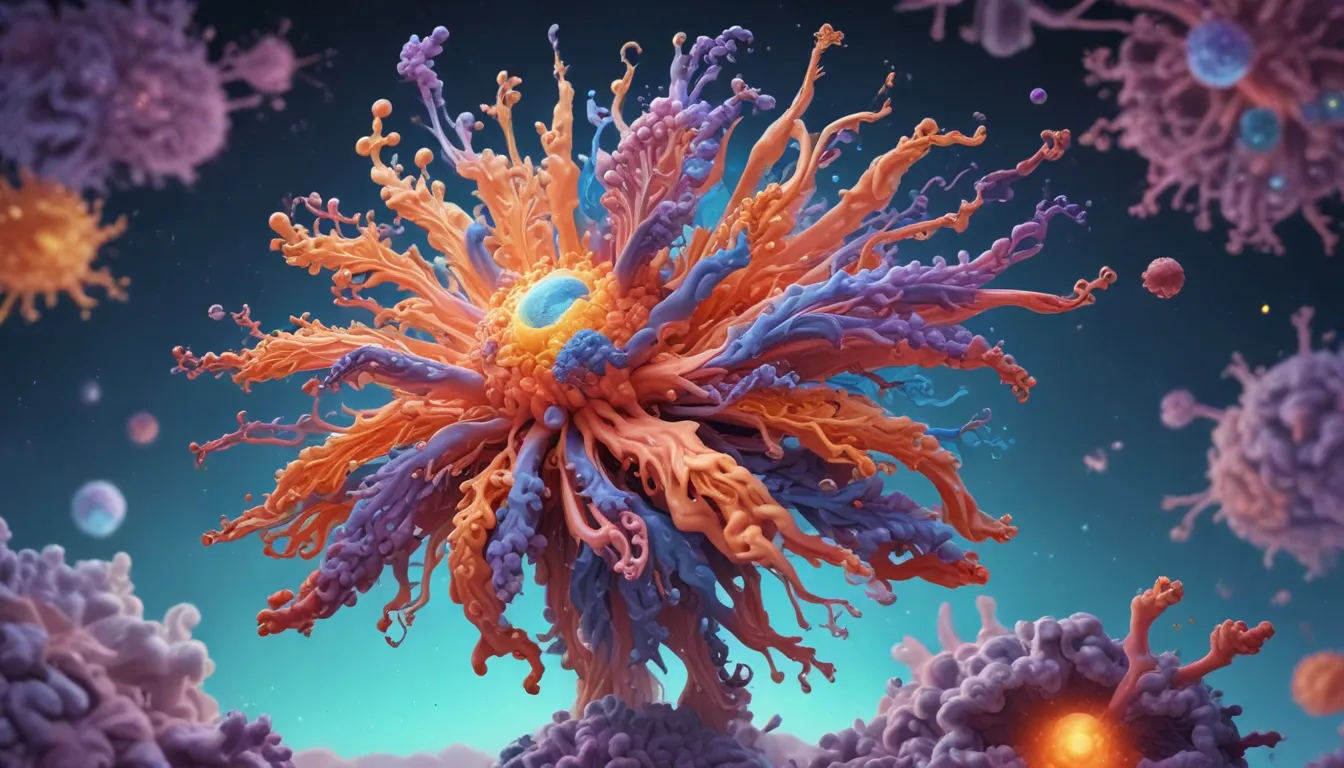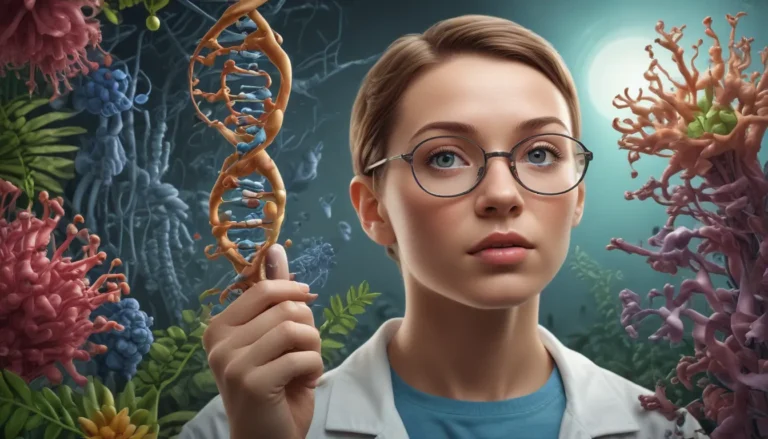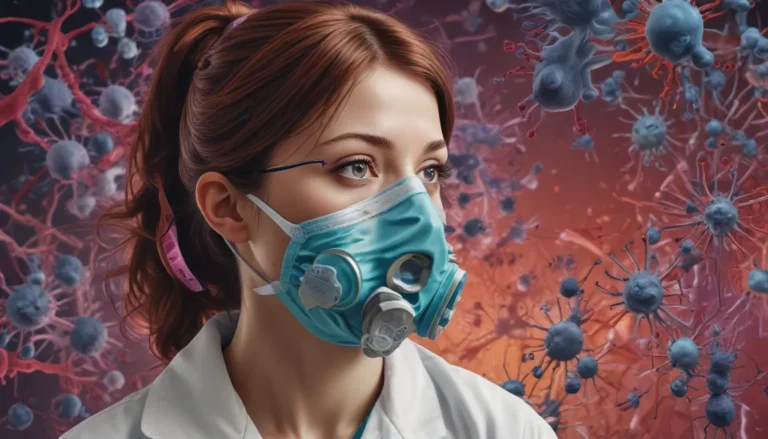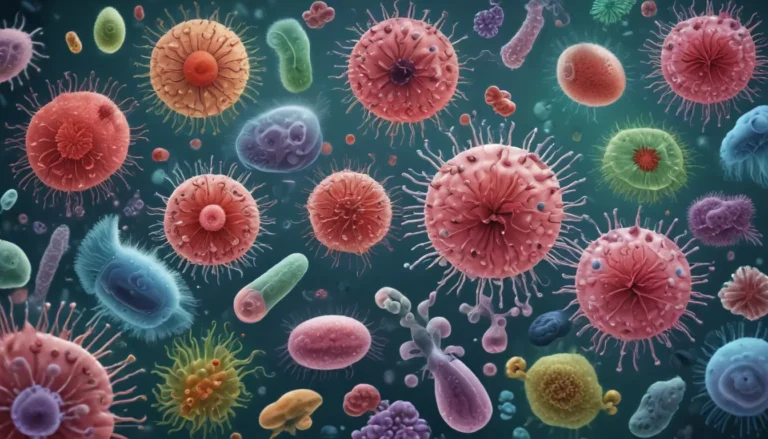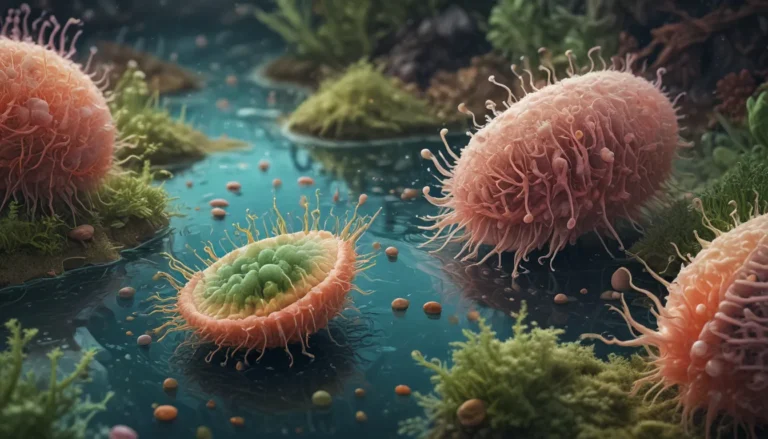A Note About Images: The images used in our articles are for illustration purposes only and may not exactly match the content. They are meant to engage readers, but the text should be relied upon for accurate information.
In our body’s intricate defense system, antibody production stands out as a superhero team creating customized weapons to combat harmful invaders. These antibodies, highly specific in nature, neutralize pathogens with remarkable accuracy, keeping us healthy and robust. This article aims to unravel 16 extraordinary facts about the captivating process of antibody production, shedding light on the brilliance of our immune system and its vital role in safeguarding our well-being.
The Marvel of Antibody Production
When a foreign substance, known as an antigen, infiltrates our bodies, specialized cells known as B cells leap into action to produce antibodies, the key players in the immune response. These antibodies, like a lock and key mechanism, are uniquely designed to recognize and bind to specific antigens, forming a formidable defense against invading threats.
The Dynamic Dance of Cells and Molecules
The production of antibodies involves an intricate interplay of various cells and signaling molecules. Helper T cells, essential in the activation of B cells, release cytokines to stimulate antibody production. This complex network of regulatory molecules coordinates the immune response, ensuring the precise and timely generation of antibodies tailored to combat specific antigens.
The Adaptive Nature of the Immune System
Our immune system, akin to a smart and adaptable bodyguard, constantly adjusts its defenses to cope with evolving threats. Vaccines, containing weakened antigens, trigger antibody production without causing full-blown disease, providing vital protection against harmful pathogens. Additionally, memory B cells play a pivotal role in mounting secondary antibody responses, offering long-term immunity and rapid defense upon re-exposure to antigens.
Unraveling the Diversity of Antibodies
Antibodies exhibit remarkable diversity in structure and function, with different classes and subclasses serving distinct roles in the immune response. From IgG and IgA to IgM, IgD, and IgE, each class of antibodies plays a specialized role in combating infections and maintaining immune balance.
The Therapeutic Potential of Antibodies
Monoclonal antibodies, engineered to target specific proteins or cells, have revolutionized medical treatments, offering targeted therapies for a range of diseases, including cancer. These highly specific therapeutic agents have opened new avenues in precision medicine, paving the way for innovative and personalized treatment strategies.
The Evolution of Antibody Affinity
During an immune response, antibodies undergo affinity maturation, enhancing their binding affinity to target antigens and improving their ability to neutralize pathogens effectively. This process of refinement contributes to the adaptive nature of antibody production, ensuring a robust defense against diverse threats.
Exploring the Possibilities: FAQs on Antibody Production
-
What are antibodies? Antibodies are proteins produced by the immune system to recognize and neutralize pathogens such as bacteria and viruses.
-
How are antibodies produced? Antibodies are generated by specialized immune cells called B cells, which differentiate into plasma cells upon detecting antigens.
-
What is the role of antibodies in the immune system? Antibodies play a critical role in recognizing and neutralizing specific antigens, contributing to immune defense.
-
Can antibodies be used for diagnostic purposes? Yes, antibodies are utilized in diagnostic tests to detect specific antigens or antibodies in clinical samples.
-
Are all antibodies the same? No, antibodies vary in structure and function, allowing for diverse recognition and binding of antigens.
-
Can antibodies be artificially produced? Yes, scientists can produce antibodies artificially, enabling applications in research, diagnostics, and therapy.
-
Are there different classes of antibodies? Yes, antibodies are categorized into different classes, each with specific functions in the immune response.
-
How long do antibodies remain in the body? The lifespan of antibodies varies, with some persisting for months or even years in the body.
-
Can antibodies be used as treatments for diseases? Yes, antibody-based therapies have shown promise in treating various diseases, offering targeted and effective interventions.
-
Can the body produce antibodies against its tissues? Yes, the body can produce antibodies against its tissues, leading to autoimmune disorders and immune dysregulation.
Embracing the Legacy of Antibody Production
In conclusion, the journey of antibody production unravels a mesmerizing tale of cellular interactions, molecular orchestrations, and adaptive responses. From the production of diverse antibodies to the therapeutic potential of monoclonal treatments, every facet of this process showcases the brilliance of our immune system. As researchers delve deeper into the realm of immunology, breakthroughs in diagnostics, therapeutics, and vaccine development promise a brighter future for human health and well-being.
Dive Deeper Into the World of Immunology
For those intrigued by the wonders of immunology, “13 Astonishing Facts About Immunology” offers a captivating exploration of the immune system’s intricacies. Delve into the realm of biotechnology with “18 Fascinating Facts About Biotechnology,” unveiling the cutting-edge applications of biological advancements shaping our world. Explore the realms of science and discovery as we unravel the mysteries of life and health together.
Join Us on a Journey of Exploration and Learning
Our commitment to delivering reliable, engaging content remains unwavering, underpinned by a community of diverse contributors sharing their insights and knowledge. Each fact on our platform undergoes meticulous review by our dedicated editors, ensuring accuracy, credibility, and authenticity in every piece of information shared. Trust in our pursuit of quality and truth as we navigate the realms of knowledge and discovery together, shaping a brighter, more informed future for all.
